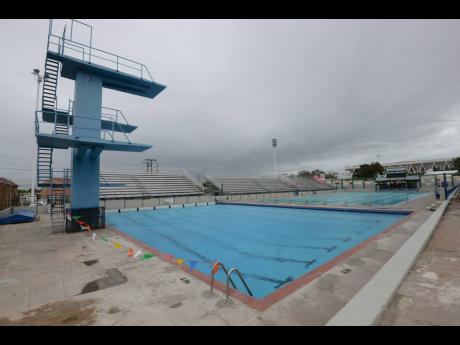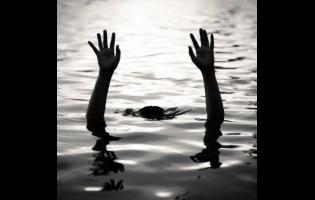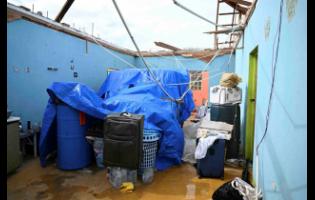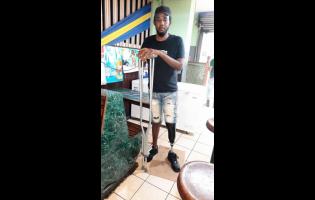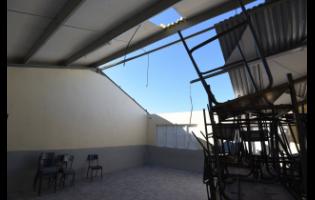Coach wants swimming in the school curriculum
Swimming coach Julian Millwood is suggesting that the discipline be added to the school curriculum.
"It's very few persons who can swim and it's primarily because it is not taught in many schools like athletics and so on. Because a swim coach or teacher is operating in dual fields, both as an educator and a first responder, there is a lot of liability involved, and you have to pay them a lot and not many people are willing to take that on. So it is prohibited by cost," she said.
On Monday, 19-year-old Rayandre Pike, a recruit of the Jamaica Constabulary Force (JCF), drowned while trying to assist a colleague who got into difficulty while swimming at the police's Tranquility Bay training facility in St Elizabeth. Millwood, who is the head coach of the Y-Speedos club and Campion College, advised persons to properly hydrate before swimming.
"Not too much but just enough, because there is something called over-hydration. Ensure that you have eaten at least two hours prior to entering the water. Also ensure that you are comfortable with the depth of water ... do your best to swim with others who can swim," she said.
"You can get a cramp if you are not properly hydrated and if your muscles are not used to the activities that you are doing. If you get a cramp, all you need is some time and the blood flow will be restored and work out the cramp itself. It is best not to panic, because when you panic, you will tense up your other muscles and you run the risk of getting additional cramps in other places," she said. Millwood also stressed the importance of stretching before going into the water.
She advised persons to relax if they get into difficulties as they can identify things that can lead them to safety.
"Some persons won't cry for help but if they are bouncing up and down, the very first thing is that their eyes will bulge because a lot of people believe that the key to keeping yourself okay is to hold your breath. Splashing or trying to grab on to the water or grasping other things is another way to realise that a person is in danger," she said.
For those trying to assist others, Millwood urged persons to protect themselves.
"Get yourself in a position where they cannot grab on to you, and if they do grab on to you, push them off the best you can, as the very first thing they will try is to hold on you as if you are a tubing or wall. At that moment, that person is not thinking that you are human. It helps to go out there with an object that can float that they can hold on to," she said.






























